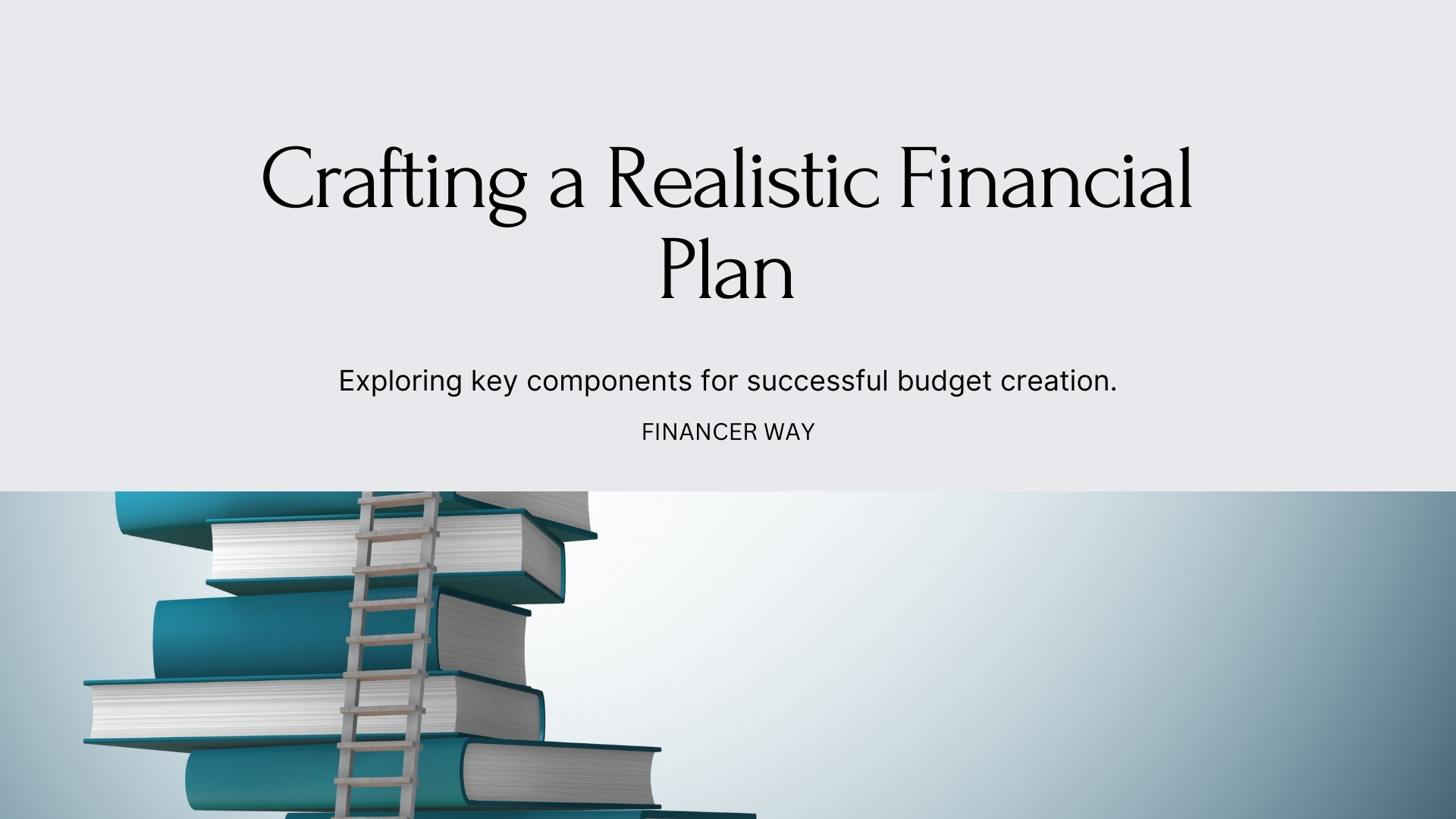“Achieve financial success with our expert tips for effective budgeting. Take control of your finances today!”
In today’s fast-paced world, mastering the art of budgeting is essential to achieving financial stability and success. Whether your goal is to save for your dream vacation, pay off debt, or build wealth for the future, effective budgeting can make a big difference. However, many people find budgeting a daunting task and often don’t know where to start or how to stay on track. Without fear! We’re here to guide you through three essential tips for successful budgeting that will allow you to take control of your finances and achieve your goals.
Understand your financial picture

| Tip | Description |
| 1. Track Your Expenses | Record every purchase, no matter how small, to understand your spending habits and identify areas for reduction. |
| 2. Set Financial Goals | Clearly define short-term and long-term goals, such as saving for a emergency fund or paying off debt, and allocate funds accordingly. |
| 3. Prioritize Needs Over Wants | Distinguish between essential expenses (needs) and discretionary spending (wants), and allocate funds to needs first, then wants. |
Before getting into the rigors of budgeting, it’s important to have a clear understanding of your current financial picture. This includes reviewing your income, expenses, debts, and savings. Start by tracking your spending over a specific period, whether it’s a week, a month, or longer. This will provide you with valuable information about where your money is going and highlight areas where you can spend more. Use online tools or mobile apps to streamline the process and get a complete overview of your financial habits.
Once you have a clear idea of your income and expenses, it’s time to prioritize your financial goals. Whether it’s building an emergency fund, paying off high-interest debt, or saving for retirement, setting clear goals will help you budget accordingly. Remember to be realistic and specific when setting your goals, breaking them down into manageable milestones to stay motivated along the way.
Create a realistic budget

With a solid understanding of your financial situation and goals, it’s time to create a realistic budget that fits your priorities. Start by identifying your essential expenses, such as housing, utilities, groceries, and transportation. These are things you need to cover every month to maintain your standard of living.
Next, consider your discretionary spending, such as dining out, entertainment, and shopping. While these expenses may not be necessary, they contribute to your overall lifestyle and happiness. Be wary of overspending in these areas and look for opportunities to reduce unnecessary spending wherever possible.
Once you’ve accounted for necessary and discretionary expenses, set aside a portion of your income for savings and debt payments. Try to pay yourself by allocating a portion of your income to savings before covering your other expenses. Whether contributing to an emergency fund, retirement account, or paying down debt, prioritizing savings will help you build a solid financial foundation for the future.
Track and adjust your budget
Creating a budget is the first step. The key to long-term success is to constantly monitor your expenses and adjust your budget as necessary. Use budgeting tools and apps to monitor your spending in real time and identify areas where you’re spending more than budgeted.
Review your budget periodically to evaluate your progress toward your financial goals and make any necessary adjustments. Life is unpredictable and unexpected expenses can arise, so it’s important to be flexible and adapt your budget accordingly. Consider conducting a monthly or quarterly budget review to evaluate your spending habits and make any necessary changes to keep your finances on track.
Conclusion
If you master the art of budgeting and implement these three essential tips, you will be well on your way to financial success and a secure future for you and your loved ones.
Frequently Asked Questions (Frequently Asked Questions)
1. What is a budget and why is it important?
A. Budgeting is the process of planning how you will spend your money. This is important because it helps you track your income and expenses, prioritize your financial goals, and avoid overspending.
2. How do I start a budget if I’ve never done it before?
A. To understand where your money is going, start tracking your spending over a specific period of time. Next, prioritize your financial goals and create a realistic budget that meets your goals.
3. What are some common budgeting mistakes to avoid?
A. Common budgeting mistakes include cutting expenses, not tracking expenses, not prioritizing savings, and being too strict with your budget. It’s important to be flexible and adjust your budget as necessary.
4. How often should I review my budget?
A. It is recommended to review your budget periodically, ideally monthly or quarterly. It allows you to measure your progress toward your financial goals, identify areas where you may be spending too much, and make adjustments as necessary.
Additional Tips for a Successful Budget
Follow the 50/30/20 rule:
Allocate 50% of your income to essential expenses, 30% to discretionary expenses and 20% to savings and paying off debts.
Use an envelope budget:
Divide your cash into envelopes labeled with specific spending categories to help you keep track of your budget.
Automate your savings:
Set up automatic transfers from your checking account to your savings or retirement accounts to ensure ongoing savings contributions.
Get professional help if necessary:
If you are having difficulty creating or sticking to a budget, consider seeking help from a financial advisor or counselor who can provide you with personal guidance and support.
Celebrate milestones:
Don’t forget to celebrate your financial achievements along the way, whether it’s reaching a savings goal, paying off debt, or sticking to your budget over a set period of time. Recognizing your successes will help you stay motivated and focused on your financial journey.
